The landscape of corporate governance in the tech industry is undergoing a rapid transformation, driven by volatile markets and the growing influence of activist investors. One story that has recently captured the attention of financial markets is the ongoing boardroom battle at Autodesk. This contest for seats on the board pits Autodesk’s management against Starboard Value, a prominent activist hedge fund. The dynamic shifted when T. Rowe Price Investment Management — one of Autodesk’s significant shareholders — signaled its intention to support Starboard’s board nominees, according to a source cited by Reuters.
Institutional Shareholders and Their Growing Influence in Corporate Governance
Data from LSEG shows that, as of the end of Q4 2024, T. Rowe Price Investment Management held 1.08% of Autodesk’s outstanding shares, ranking 14th among the company’s largest investors. While this stake may seem relatively modest, major institutional investors reliably play a pivotal role in board elections, with their votes capable of swinging key decisions and shaping the direction of the company.
Behind Closed Doors — The Mystery of Decision-Making
The Reuters source made it clear that details behind T. Rowe Price’s decision remain confidential, revealing neither the reasons behind the support for Starboard nor the timing, which notably precedes both Autodesk’s June annual meeting and the submission of proxy filings. The move suggests T. Rowe Price’s concerns regarding the current direction of Autodesk’s board may have been brewing for some time.
As T. Rowe Price and Autodesk decline to comment and Starboard Value remains unreachable, an information vacuum persists, fueling speculation amongst market observers. This dynamic “black box” scenario has the potential to impact Autodesk’s share price volatility and shape investor sentiment in the coming weeks.
Five Forces Reshaping Institutional Voting Behavior
1. Escalating power of activist hedge funds in shaping public company policy.
2. The growing emphasis on ESG (Environmental, Social, and Governance) considerations in investment decision-making.
3. Shifts in ownership structures propelled by institutional trades.
4. The evolving governance landscape in technology companies.
5. Heightened market expectations for board transparency and accountability.
Directions for Change — How Boardroom Dynamics May Evolve
- Strategy shifts may be forthcoming, should new board members gain a seat at the table.
- Heightened scrutiny from other large Autodesk shareholders on executive decisions.
- A potential uptick in activist investor campaigns throughout the tech sector, inspired by Starboard’s approach.
- Increased prominence for independent directors within corporate boardrooms.
- A reassessment of long-term priorities and investment strategies within Autodesk itself.
What the Autodesk Story Signals for Corporate Governance Going Forward
The boardroom drama surrounding Autodesk, and the power struggle between Starboard Value and management — now with support from T. Rowe Price — shines a spotlight on changing power balances in tech governance. As institutional shareholders like T. Rowe Price flex their voting muscle, expectations grow for greater transparency, accountability, and open discourse between stakeholders and company executives.
These evolving governance standards, and the intensifying contest for key board positions in advanced tech companies, signal the industry’s maturation and hint at a new era of elevated standards for all public technology companies.


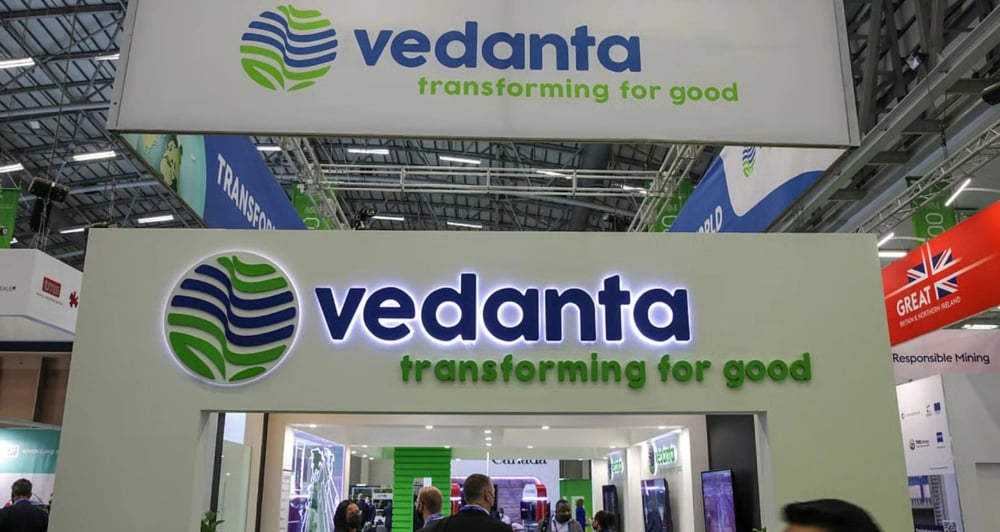
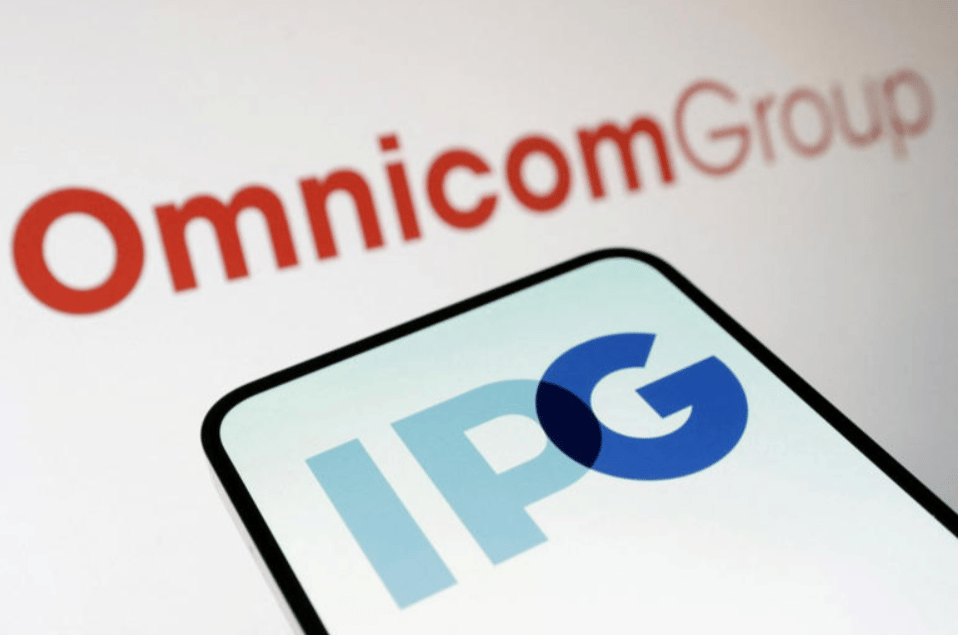
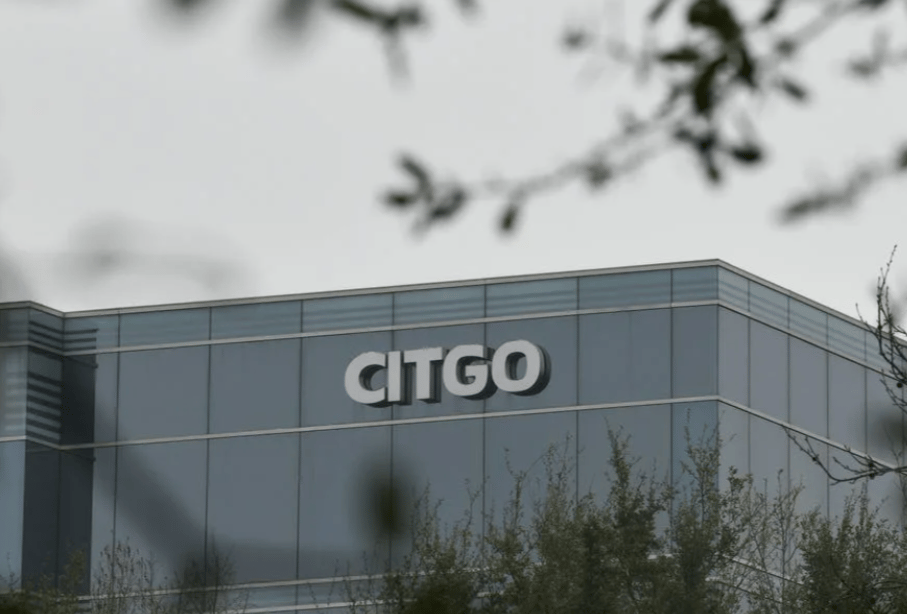
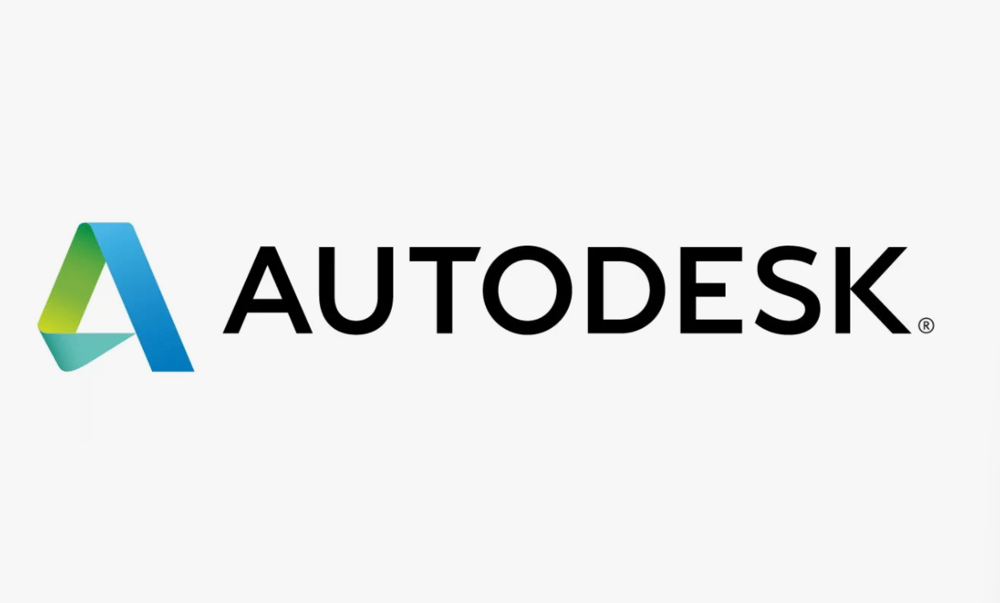
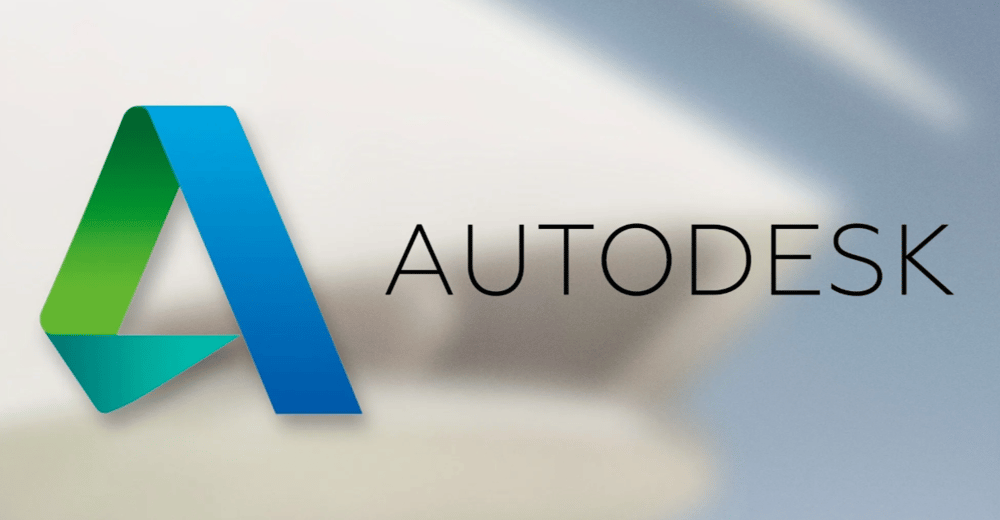
This sale highlights just how quickly the technological environment is changing and adapting